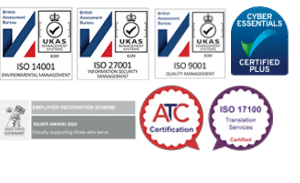When it comes to forming a strategy to market your business internationally, there are a few key things you need to keep in mind.
The first step is developing a robust international marketing strategy. This strategy should include components such as market research, target markets, messaging and tactics.
What should your international marketing strategy include?
To get the result you want, you should make sure your international marketing strategy is well-researched and targeted. Marketing strategies can vary from business to business, but they generally include the following key components.
In-depth market research
Before you start marketing your business internationally, it’s important to carry out thorough research. This means determining the needs and wants of your target market. It also means understanding the cultural differences between countries. Such research will help you develop targeted messaging that resonates with your audience.
Some common market research methods include:
- A/B testing
- Surveys
- Focus groups
- Interviews
- Secondary research
- Competitor analysis
It’s also hugely advantageous when research is conducted in the target market’s native language. This will ensure that any efforts made will resonate with the right audience.
Target market identification
Once you’ve carried out your market research, you’ll need to identify your target markets. These are the countries or regions where you believe your products or services will be most successful. For example, if you’re an alcohol brand looking to expand internationally, you’ll want to avoid markets where drinking alcohol is banned or not as popular, for example, in the UAE.
A considered approach like this will also ensure that you avoid causing offence, harming your brand reputation and wasting valuable resources and marketing budget by promoting your product in the wrong places.
Marketing translation and localisation
Your international marketing strategy should include messaging that is tailored to each of your target markets. This means taking into account cultural differences and using language that is appropriate for each market.
For example, in some countries, certain colours symbolise different emotions or concepts than they do in other countries. You’ll also need to consider things like idioms and expressions, which may not make sense in other languages. Marketing translation and localisation can help ensure that your marketing messages are correctly interpreted by your target markets.
Working with a translator who specialises in marketing translations is essential for creating accurate and effective marketing strategies for foreign audiences. Translating marketing content can be tricky – it’s vital to ensure that the translated text sounds organic and natural, fitting the tone of the original material.
An effective international marketing translator will understand how to attain this balance and create content and communications that resonate with foreign consumers.
Tactics and implementation
Once you have successfully established your target market and have developed targeted messaging, it’s time to decide which marketing tactics you’ll use. This will help you bring your international marketing strategy to life.
Tactics vary depending on what type of marketing you’re doing (online, print, etc.), but it could include things like:
- Website localisation
- Website translation
- International SEO
- Adapting advertising materials for different countries
- Creating social media campaigns targeting specific international markets
- Developing marketing partnerships with local businesses
Budgetary constraints and ROI will likely dictate your decision and each option has its own pros and cons. It’s all about selecting the tactics that will help you achieve your overall marketing objectives.
Overcoming the challenges of an international marketing strategy
While there are many benefits to marketing your business internationally, there are also a few challenges you’ll need to be aware of. One of the most common is cultural differences. What works in one country may not work in another, so it’s important to adapt your marketing messages and strategy accordingly.
Another challenge is dealing with different legal and regulatory environments across borders. You’ll need to make sure you’re familiar with the laws and regulations that apply to marketing in each of your target markets.
It’s also critical not to forget about language barriers. Make sure that all of your marketing content is translated correctly and into the relevant languages. This procedure will help in avoiding any misunderstandings.
How DA Languages can support your international marketing strategy
Our expert linguists can assist with all types of marketing translation, from website translation to social media campaign creation.
We work with mother-tongue translators who specialise in marketing. These expert linguists have an exceptional level of cultural awareness and an understanding that non-native speakers simply cannot replicate. Such a level of fluidity gives you confidence in your output and ensures all translation is as accurate and effective as possible.
We also offer a number of other language services that may be relevant for your international marketing efforts, including copywriting, transcreation and voiceover.
If you’re looking to take your business global, we can help. Contact us today to find out more about our marketing translation services.



